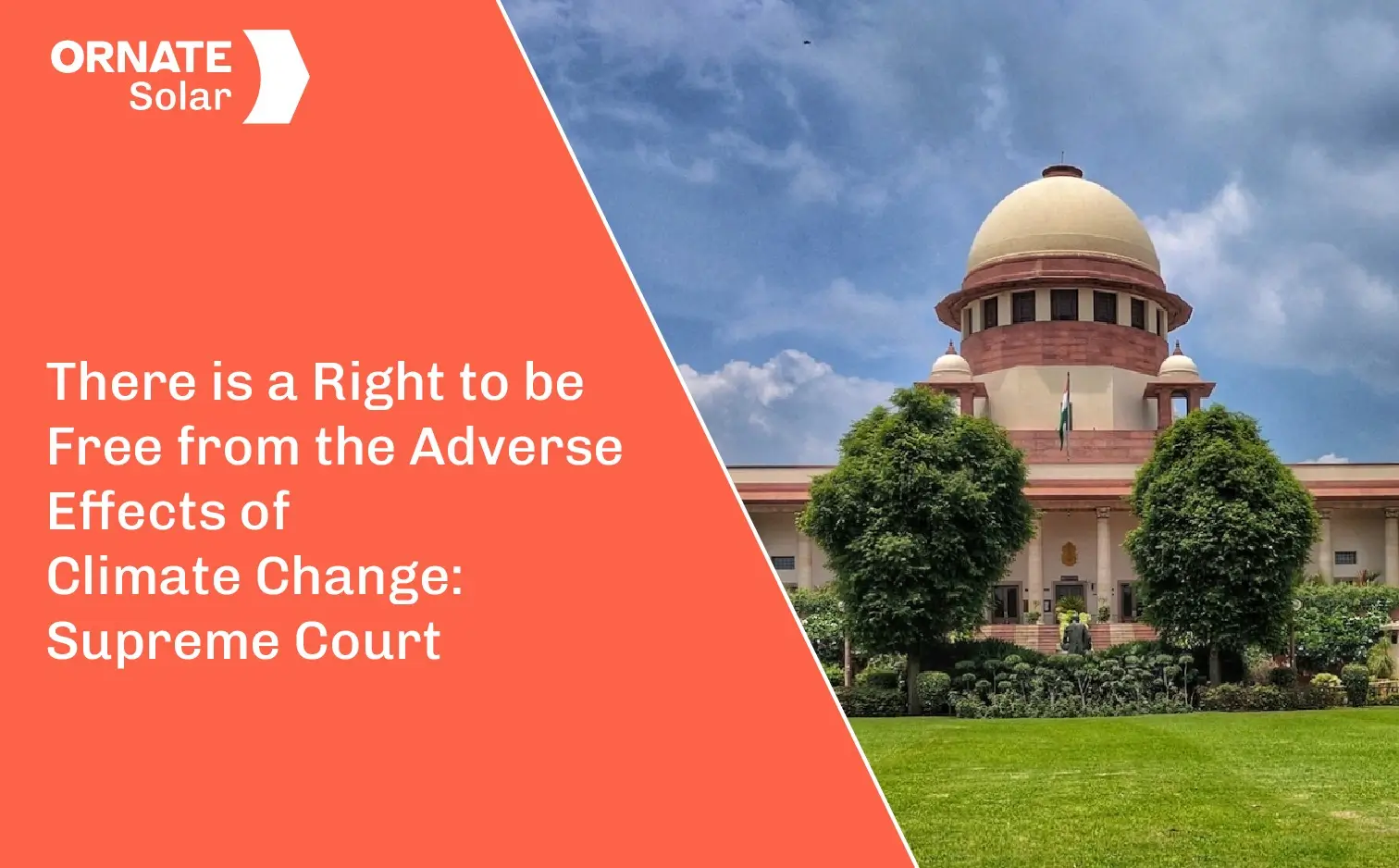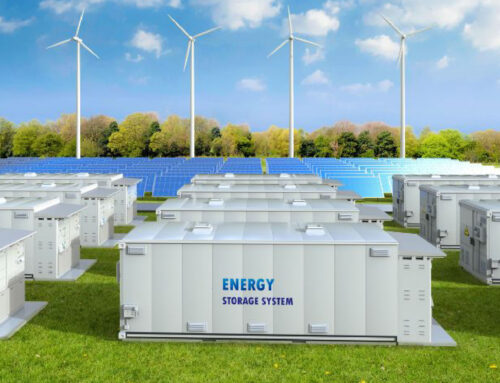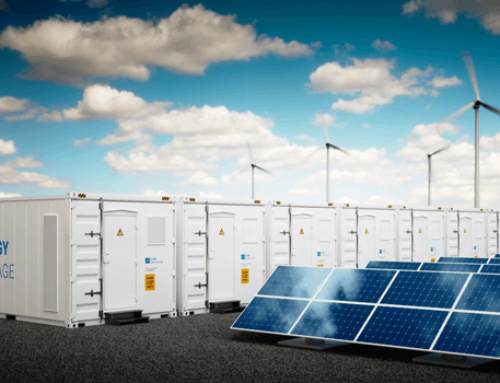

Climate change impacts the constitutional guarantee of right to life, the Supreme Court said in a recent judgment. The court emphasised that India must prioritise clean energy initiatives such as solar power as citizens have a right to be free from the adverse effects of the climate emergency.
The judgment came on a petition by wildlife activist MK Ranjitsinh and others to protect the Great Indian Bustard (GIB), a critically endangered bird found only in Rajasthan and Gujarat.
The recent court order, issued on March 21 but uploaded recently, formed an expert committee to suggest ways to balance two objectives – the conservation of the birds and India’s sustainable development goals.
Accepting the concerns expressed by Centre, the bench headed by Chief Justice of India Dhananjaya Y Chandrachud said, “Without a clean environment which is stable and unimpacted by the vagaries of climate change, the right to life is not fully realised. The right to health (which is a part of the right to life under Article 21) is impacted due to factors such as air pollution, shifts in vector-borne diseases, rising temperatures, droughts, shortages in food supplies due to crop failure, storms, and flooding… From these, it emerges that there is a right to be free from the adverse effects of climate change.”
“If climate change and environmental degradation lead to acute food and water shortages in a particular area, poorer communities will suffer more than richer ones…The inability of underserved communities to adapt to climate change or cope with its effects violates the right to life as well as the right to equality,” said the bench, also including justices JB Pardiwala and Manoj Misra.
The Centre had told the court that India’s goal to achieve 500 GW of non-fossil-based electricity generation capacity by 2030 aligns with its efforts to be net zero by 2070. In 2023-24, out of the total generation capacity of 9,943 MW added, 8,269 MW came from non-fossil fuel sources.
The court highlighted the urgency for India to transition to sustainable energy sources like solar power, not only to replace coal-based fuels but also to ensure long-term energy security.







Leave A Comment